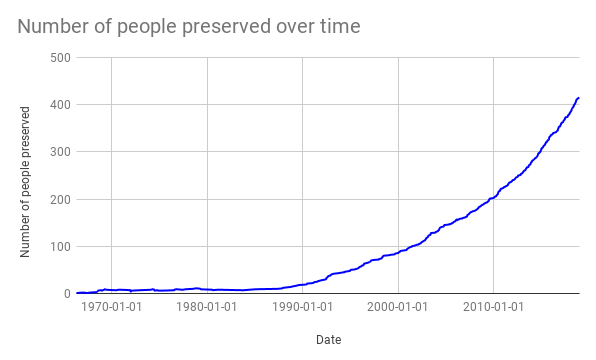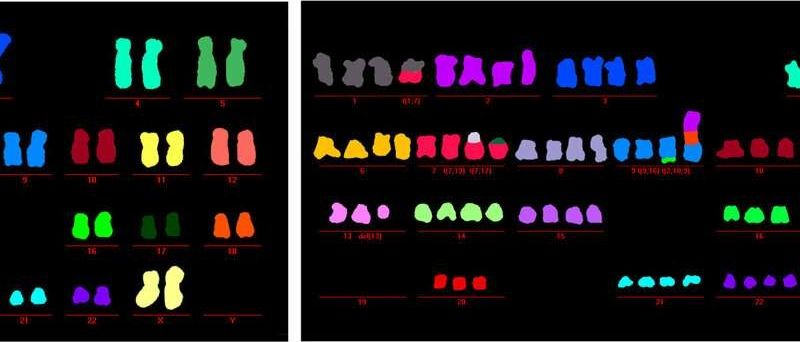While it might not be quite as big a concern, the environmental impact of death care is also something Americans are paying attention to. Around four in ten (41%) Americans are somewhat or very concerned about the environmental impact of traditional burial methods.
On a similar note, 45% agreed with the statement, “People need to rethink the way we currently deal with ‘death care’ in regard to the environment.” And 11% said that they would like to have a green burial with shrouds and biodegradable material after they die.
Some of the possible environmental impacts of a traditional burial include embalming fluid leaking into the soil, large amounts of water being used for cemetery maintenance, and wood and metal caskets leaving behind toxic residue.


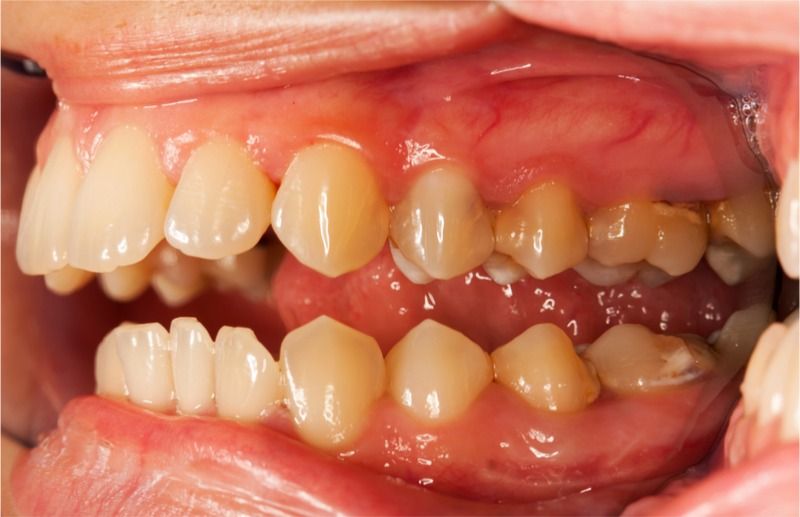
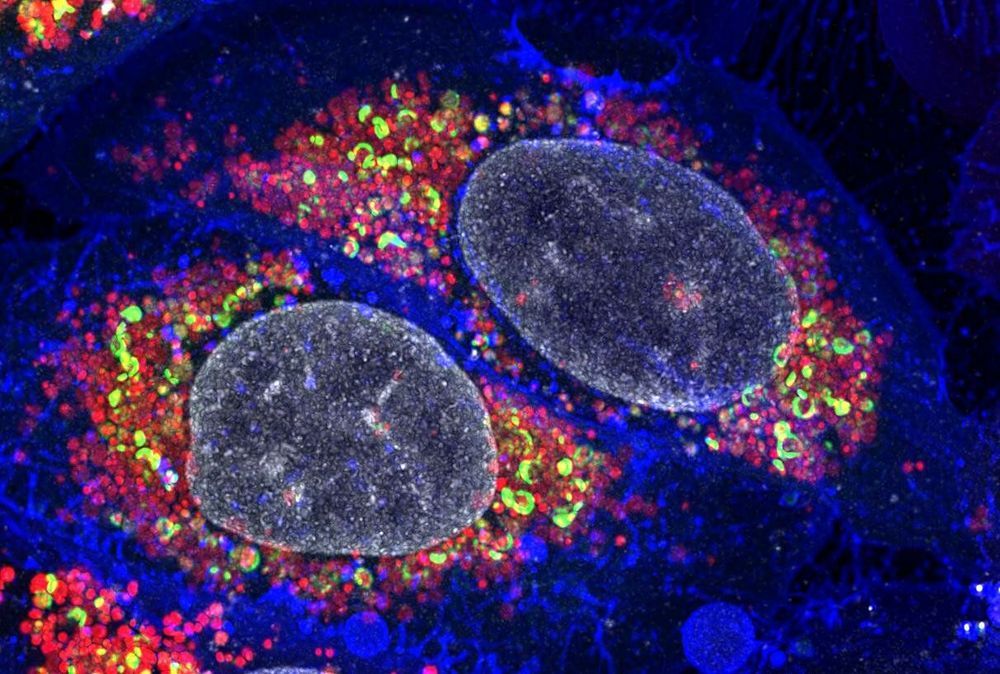
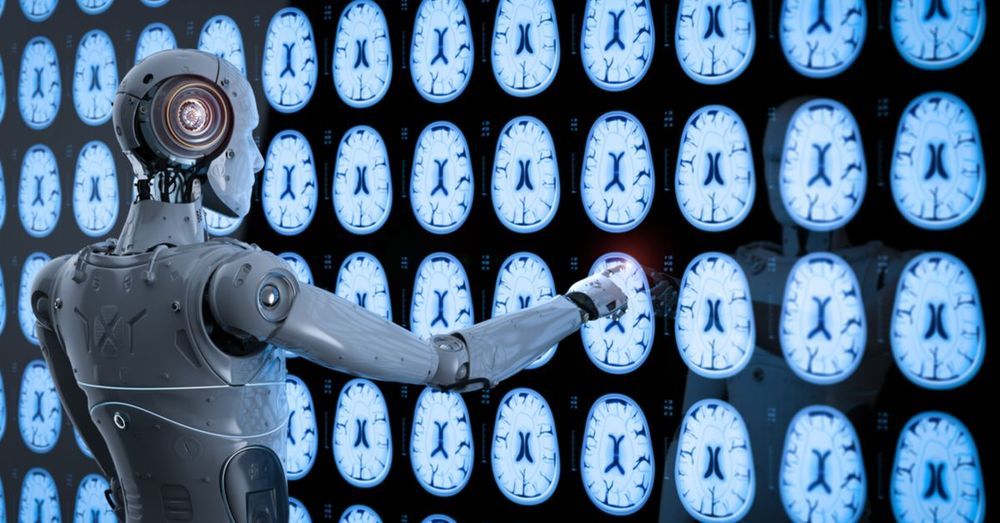
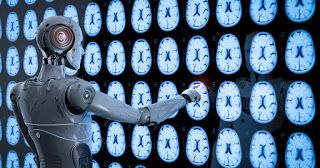 Artificial intelligence, or AI is something we hear a lot about today. In this interview with Life.
Artificial intelligence, or AI is something we hear a lot about today. In this interview with Life.
